Welcome to Theodore International Startup Academy
Lisbon's Primary Years Programme (PYP)
Lisbon's Primary Years Programme (PYP)
About Programme
At Theodore International Startup Academy Lisbon, we are proud to offer the International Baccalaureate (IB) Primary Years Programme, a curriculum framework designed for students aged
3-12. The PYP is inquiry-based, meaning that it nurtures children's natural curiosity, and
student-led, meaning that classes are structured around the interests of students. This empowers students to take charge of their own learning, nurturing their passions and providing a forum for
the exchange of ideas and skills not only between the students and their teachers but also among the students themselves.
3-12. The PYP is inquiry-based, meaning that it nurtures children's natural curiosity, and
student-led, meaning that classes are structured around the interests of students. This empowers students to take charge of their own learning, nurturing their passions and providing a forum for
the exchange of ideas and skills not only between the students and their teachers but also among the students themselves.
About TISA
PHILOSOPHY
At TISA School, we empower each student to achieve academic and holistic excellence, develop their natural talents, and become globally-minded citizens who are socially responsible and successful.
MISSION
TISA empowers each student to:
- Respect themselves and others
- Develop a lifelong love of learning
- Contribute as a globally-minded citizen in order to achieve individual academic and holistic excellence



What is the PYP?
The PYP is truly a revolution in education, a programme focussing on the development of the whole child in a multicultural context, building the skills to investigate, reflect, extend, and take action both in both in the classroom and in the world outside. It:
1
Addresses students' academic, social, and emotional well-being
2
Encourages students to develop independence and take responsibility for their own learning
3
Supports students' efforts to gain understanding of the world and to function comfortably within it
4
Helps students establish personal values as a foundation upon which international-mindedness will develop and flourish
At Theodore International Startup Academy Lisbon, our PYP looks like this:
- Inquiry-based learningStudents are encouraged to ask questions, explore ideas, and develop their understanding through hands-on experiences. They learn to ask their own questions, utilize varied sources such as books, magazines, newspapers, videos, and the Internet to search for answers, identify the relevant information within these sources, evaluate the veracity of this information, and compile and present their findings. In doing so, they learn how to associate new and old knowledge systematically in a way that is personally meaningful.01
- TransdisciplinarityContent instruction is carried out in classes that cut across traditional subject boundaries, brining together skills and knowledge from all content areas in every class. For example, mathematics and English skills are used in Social Studies and Science classes, and vice-versa. To accomplish this, our curriculum is organized around six themes that promote learning across the subjects:
• Who we are
• Where we are in place and time
• How we express ourselves
• How the world works
• How we organize ourselves
• Sharing the planet02 - Concept-basedEach of these transdisciplinary themes is investigated through the lens of three of the seven "big ideas" that students keep coming back to throughout their programme. These key concepts are universal, building students' ability to tackle complex subject matter. There are seven key concepts.
• Form: What is it like?
• Function: How does it work?
• Causation: Why is it like this?
• Change: How is it becoming different over time?
• Connection: How does it affect and be affected by other things?
• Perspective: What different points of view are there?
• Responsibility; What things should we do and not do with it?03 - Learner ProfileWe care about the holistic development of every child, nurturing their emotional, mental, and social development into the lessons. Students strive to be:
• Inquirers
• Knowledgeable
• Thinkers
• Communicators
• Principled
• Open-minded
• Caring
• Risk-takers
• Balanced
• Reflective
Students who develop these attributes have an overall Learner Profile that equips them for personal and professional success in the world of tomorrow, whatever it might look like. At Theodore International Startup Academy Lisbon, these skills are developed not only in the classroom but also in preparation for and execution of community-wide activities, such as the school-wide Morning Circle every morning, the school plays, and project presentations.04 - Action and agencyUltimately, we hope students will actually go out into the world and do something with the skills and knowledge they gain in school. Thus, student action, independent initiatives of the students, are the basis of planning, teaching. learning, and assessment. We develop our Units of Inquiry starting from the action we'd like them to take. Then, together with families, we monitor and support and encourage these actions.05
- Language developmentWe support multilingualism and the development of mother tongue languages. At Theodore International Startup Academy Lisbon, we support three languages:
• The language of instruction, English, in which most teaching. learning, and assessment are carried out
• The home language of each child, supporting them to develop communication and social skills for communications in their respective communities
• The language of the country we're living in, Portugal, helping them to communicate in our shared local community06 - International-mindednessOur program fosters an understanding and appreciation of different cultures and perspectives. Students are taught mutual respect for and understanding of the many cultures of the world through explorations into their histories, customs and traditions, and art. This pervades all classes at Theodore International Startup Academy Lisbon, and especially our visual and performing arts classes.07
- Collaborative project-based workOne of the special aspects of Theodore International Startup Academy Lisbon's methodology is its delivery of the programme through large projects on which students work together. Among other techniques, Singapore interactive teaching methods help students engage with the material by putting it into action working towards a large project that they present at the end of every trans-disciplinary theme. In the last year of the PYP, this culminates in the PYP Exhibition.08
The PYP Exhibition — June 21
In their final year of the PYP, our students participate in the PYP Exhibition. This in-depth, collaborative project allows students to demonstrate the skills and attributes they've developed throughout the programme. Replacing the final Unit of Inquiry, students think of their own central idea, key concepts, and lines of inquiry and then engage in their own free inquiry. They then present it at a conference in which the whole community, not only teachers and students and their parents but also guests from the city of Lisbon, attends to appreciate the results of their exploration.
Parent Involvement
We believe that parents are essential partners in their child's education. Throughout the year, we offer workshops, information sessions, and opportunities for parents to engage with the PYP and support their child's learning journey. We have parents chats in which reports of every lesson are shown including videos of the innovative teaching methodologies used. There, you can also see how the elements of the Primary Years Programme listed above are applied in daily practise.
Join us in nurturing curious, knowledgeable, and caring young people who are motivated to succeed and make a positive difference in the world.
For more information about the PYP at Theodore International Startup Academy Lisbon, please contact our PYP Coordinator, Mr. Bradly, at bradly.k@tisaschool.nl.

